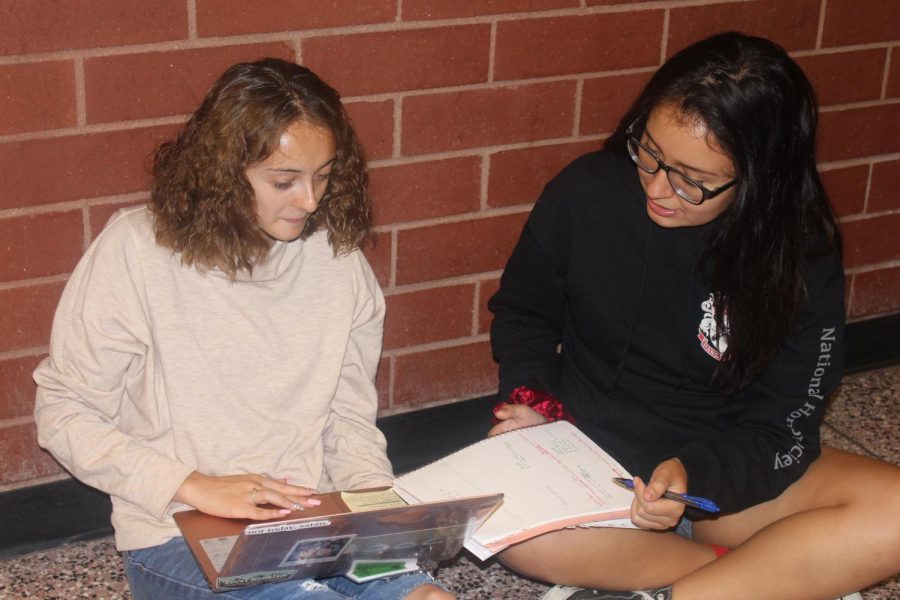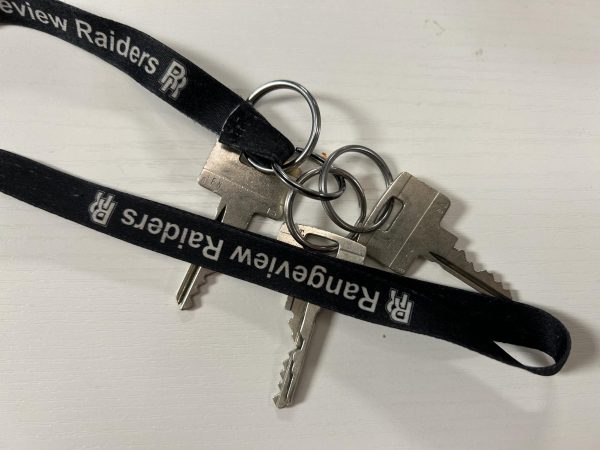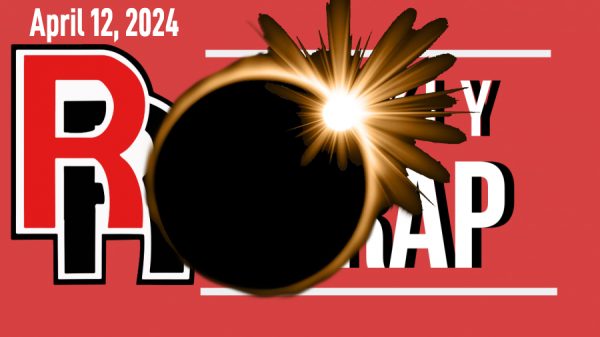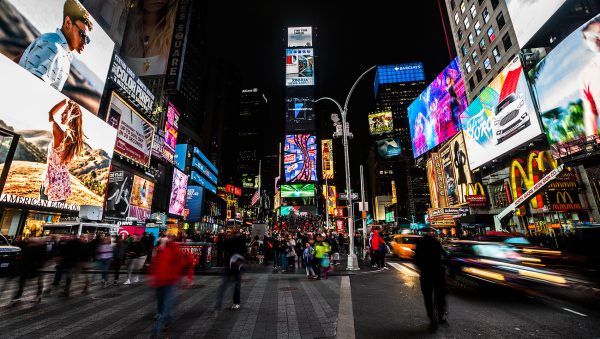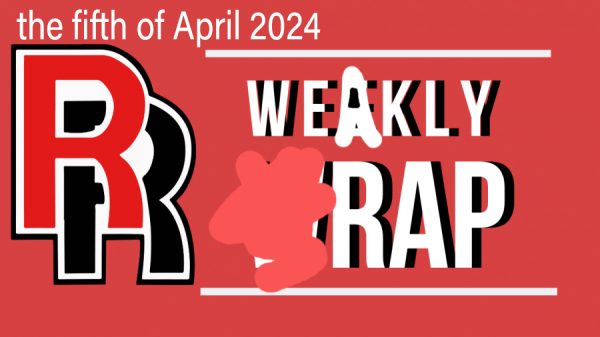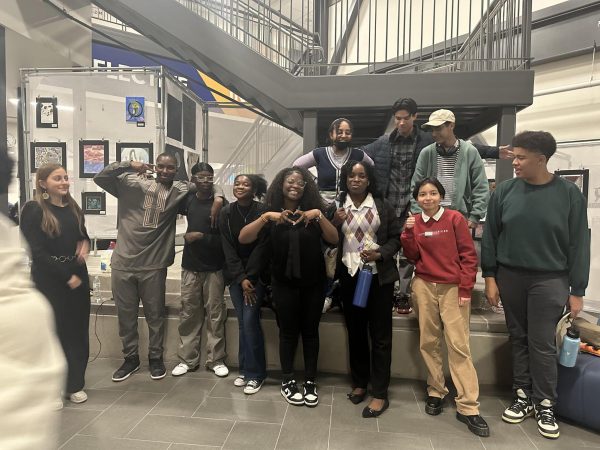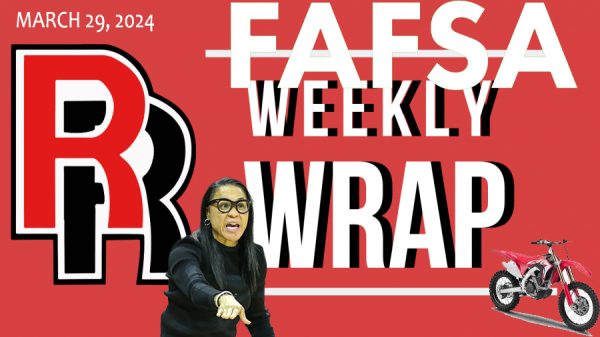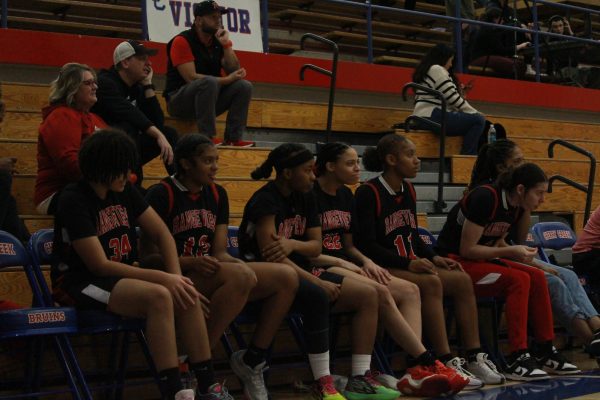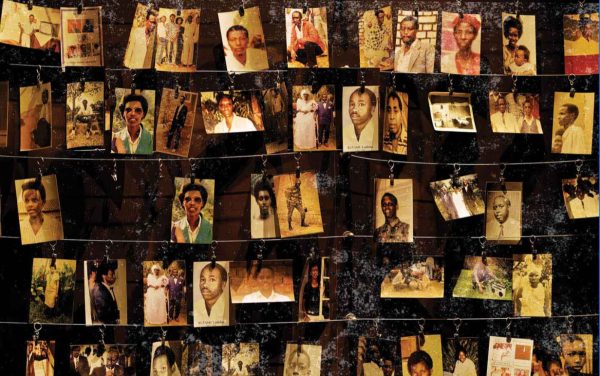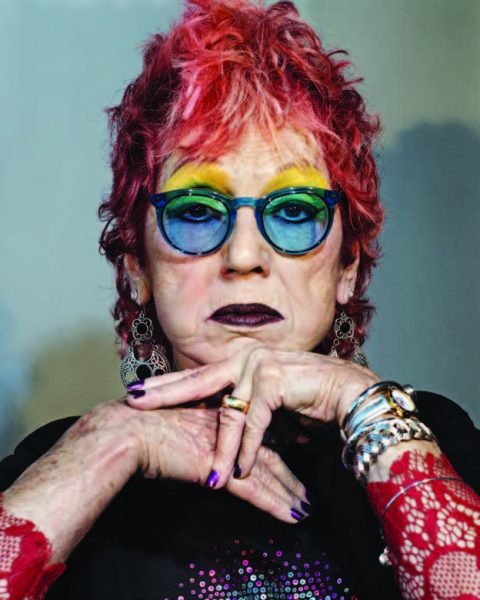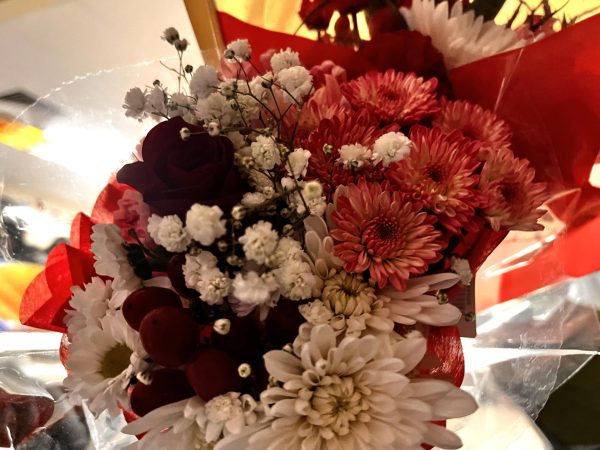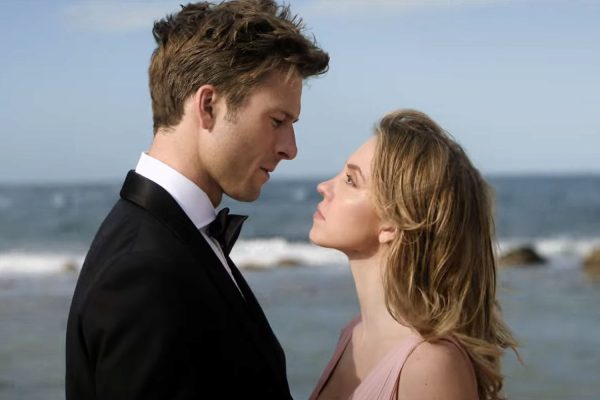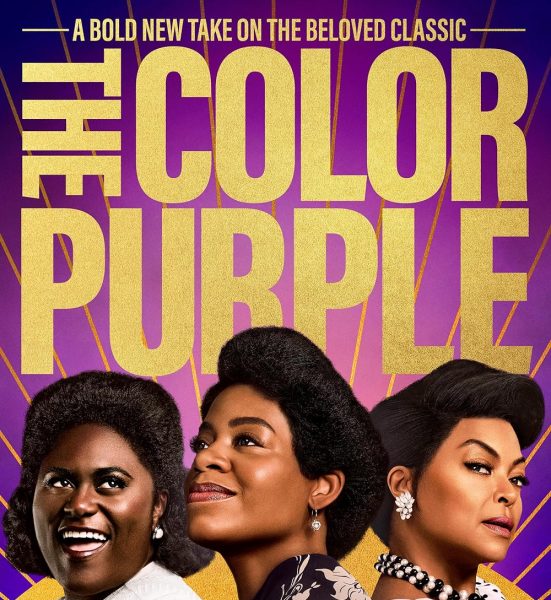Opinion: There’s No Such Thing As “Stupid” Questions
Myriam Alcala(right), senior and Editor in Chief of the Raider Review sits with Jessenia Jaime Delgado(left), senior, to give her a final revision on her story before it gets posted. (Melanie Aguirre)
September 9, 2019
“Journalism is printing what everyone else does not want printed, everything else is public relations.”-George Orwell
The first thing I learned about being a journalist is that there are no stupid questions. Being a journalist makes you realize that even the “stupid” questions are valuable. This field consists of asking more questions than you need, even the irrelevant ones.
This is because people with power like presidents, celebrities, and politicians despise being asked the questions that expose reality; they love having the last word. Our job precisely is to take risks, ask the uncomfortable questions, and write about controversial subjects that aren’t spoken about.
In a press conference in the Rose Garden in October of 2018, President Donald Trump insulted a female reporter telling her that she “never thinks before asking a question,” which was later published by Josh Hafner in his story: Trump insults female reporter: “You’re not thinking. You never do.”
This goes to show that President Trump was hesitant to answer Cecilia Vega’s question because it wasn’t about the topic at hand: trade. Instead, Cecilia Vega asked about the FBI investigation on Brett Kavanaugh occurring at the time. Despite being addressed dismissively by President Trump, Vega continued asking about the situation.
There are numerous situations just like this one in which a journalist does not get the answers they ask for, but there are also ways in which a journalist should present and carry themselves.
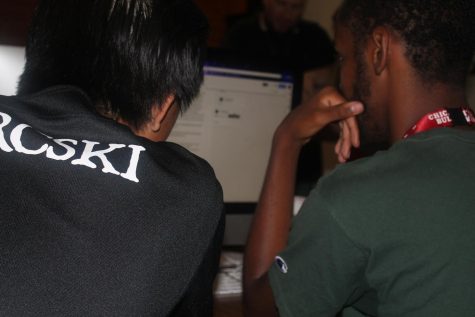
“Aspiring journalists are people who are curious, have endless amounts of questions and aren’t satisfied with the status quo,” Jayah Caley, staff on the Raider Review and a junior at Rangeview High School, said on her thoughts about what the characteristics of an aspiring journalist were. “They have a lot of patience as well as a voice, an open heart and an open mind,” she continued.
Vega did just that; she stood her ground and asked a question, even if it was out of the range of the conversation.
Doctors treat patients and save lives; lawyers fight for justice; artists create while we, as journalists, come up with the questions that no one is willing to answer.
What should be considered, however, is that if you do not want problems, then journalism is definitely not the profession for you. News stirs up the public and you have to be well aware of the consequences of the news that you post.
Katiana Williams, Sports Editor on the Raider Review, as well as senior at Rangeview High School, spoke on this topic saying, “No, I have never not written a story because I was afraid of what people would think because I am the type of person that doesn’t really care about what people think about me.”
Sometimes journalists have to be a lot more cautious even if they share this mindset; it may be hard to believe but journalism is a dangerous field to be in.
Looking at history, journalism can be pinpointed as an unsafe career, but it is also everything you make of it. Kim Sengupta, an international journalist for The Independent writes, “some famous journalists have lost their lives reporting conflicts – Robert Capa in the first Indochina war; Ernie Pyle on the island of Okinawa in the Second World War; Larry Burrows in Vietnam.”
As much as it may be threatening, it is also a beautiful art that has the power to change the world and influence people.
Myriam Alcala, Editor in Chief of the Raider Review and senior at Rangeview High School said, “I do believe that journalism comes with a lot of struggle and international journalism can get you killed. But you have to have a thick skull to get through the hardships of it.”
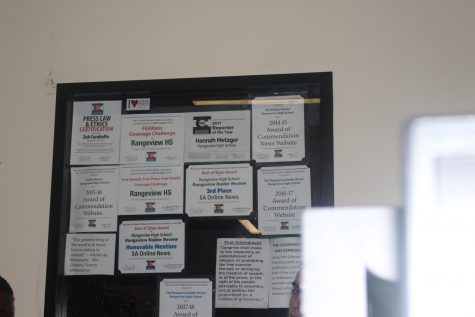
Being a journalist takes grit; you have to know when to be blunt, and not to settle for a half-answered question. Caley said, “I don’t think that everyone is made for being a journalist because it takes a lot of self-taught education, you have to be able to doubt more than you trust and being able to go beyond that is not something that everyone can do.”
As writers, there is a certain amount of liberty granted within its limits, by this I mean that conveying news has become a lot more strenuous. There is a huge divide between who the people want to believe and who they actually believe.
Journalism gives you the gift of using your voice, and if you respect it, then you have to know that people will believe your credibility until they do not. This means that the material you are expressing to the world has to be true in order for them to gain and put their trust in you.
Journalism does not come with constant recognition, but it is accompanied by a deep sense of satisfaction in knowing that the truth is being told to the people if you choose to do it the right way. An occupation like this has the capability of sparking movements and initiating revolutions, all it takes is risk and perseverance. Sometimes you have to remind yourself as a journalist that just because some questions are hard does not mean they are stupid.
